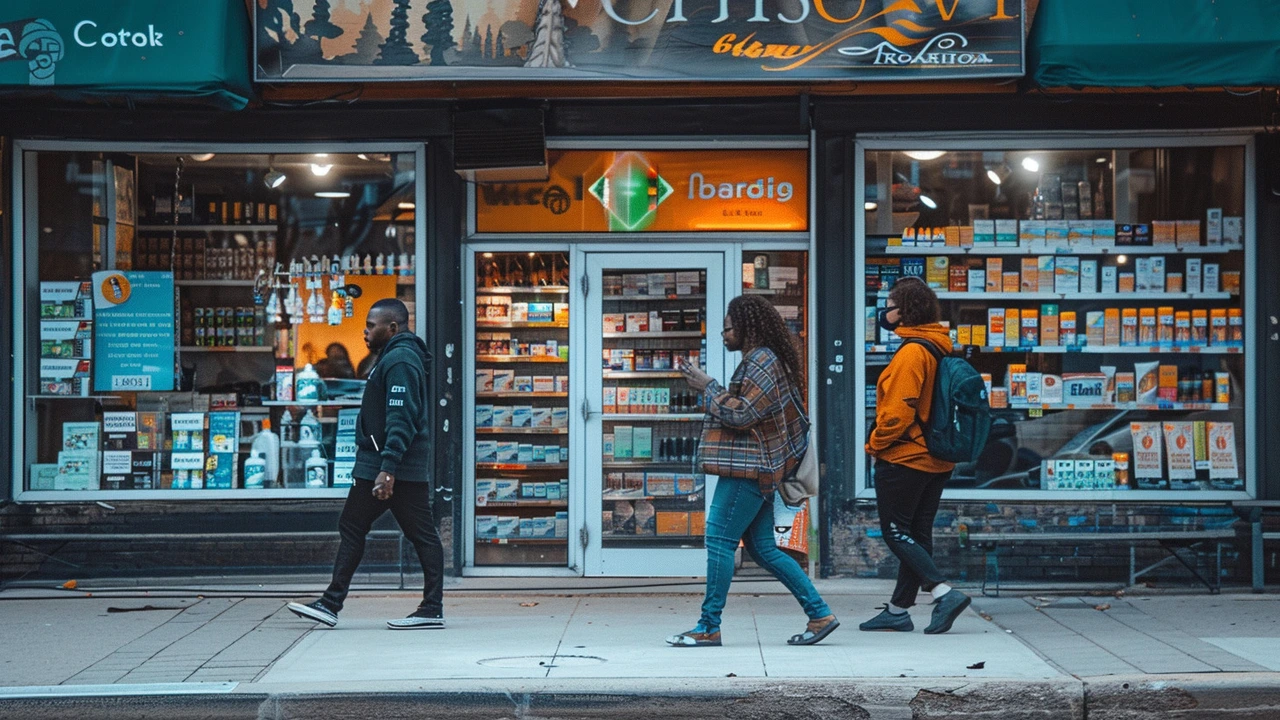In a move that has stirred concern among students, faculty, and the larger Detroit community, Wayne State University has made the decision to force the closure of the University Pharmacy, a cornerstone pharmacy service situated at 5254 Anthony Wayne Drive. This decision, communicated to pharmacy owner Maria Young, mandates that the premises be vacated by August 31, 2017, leaving many to question the motives behind the university's decision and the implications it holds for healthcare accessibility on campus and within the surrounding Detroit area.
Maria Young, the driven owner behind the unique campus-based University Pharmacy, was taken aback when she received the unexpected notice to vacate, with the vague justification provided by the university being 'We don't need a pharmacy on campus.' This statement belies the critical role the pharmacy has played since its inception in 2008. Under Young's stewardship, the University Pharmacy has not only dispensed medications but also provided essential health services including immunizations, health screenings, HIV testing, and specialized programs for geriatric medicine, diet support, exercise initiatives, smoking cessation programs, and flu clinics. The pharmacy has also been a key participant in the Wellness Warriors program for Wayne State employees, contributing to cholesterol, glucose, and blood pressure screenings.
Highlighting its pivotal role in public health, the pharmacy stood on the frontline during the H1N1 influenza outbreak, vaccinating over 2,000 individuals in 2008 and 2009. Such efforts underscore the pharmacy's commitment to fostering a healthier community, with Young personally focusing on reducing healthcare costs for students. Despite her significant investment of $250,000 in pharmacy renovations since 2008, Young's determination to serve the community has been met with an eviction notice. Moreover, she refused to sign a proposed gag order from the university, which would have limited her ability to speak publicly about the eviction, further raising alarms over the transparency of the university's decision-making process.
The broader impact of this eviction cannot be understated. The University Pharmacy has served thousands of Wayne State students, staff, and Detroit residents, offering not just healthcare products but comprehensive health and wellness services integral to the community's well-being. As the August 31 deadline looms, the loss of such a valuable resource sparks pressing questions about the future of healthcare accessibility for those affected. The decision by Wayne State has drawn scrutiny, with many questioning the rationale behind removing a facility that has faithfully served the community's health needs for nearly a decade.
Investigative journalist Steve Neavling, a resident of Detroit and the author who brought this situation to light, has underscored the critical role of the University Pharmacy. Neavling's tireless work as a journalist, which has led to arrests, reforms, and even FBI investigations, reflects the potential fallout from the university's decision. With health services being a crucial aspect of university life, especially in an urban setting like Detroit, the closure of the University Pharmacy calls into question the university's commitment to the health and welfare of its students and the surrounding community.
In the face of this eviction, the community now faces the challenge of confronting what appears to be a gap in accessible healthcare services on campus. The closure of the University Pharmacy not only represents a loss of a health service provider but also signals potential shifts in how healthcare might be accessed and prioritized in academic institutions and urban communities in the future. As the deadline for eviction approaches, the story of the University Pharmacy serves as a pivotal moment in the dialogue surrounding health, education, and community support within both Wayne State University and the city of Detroit at large.


This is such a BURN. Who even thinks it's okay to kick out a pharmacy that's been saving lives for a decade? They didn't need a pharmacy on campus?? Bro, they needed a heart.